Croatia’s diaspora has long been a source of pride and financial lifeline for the nation. Yet, despite its rhetoric of inclusion and acknowledgment, the Croatian government’s actions—or lack thereof—paint a different picture. The treatment of the diaspora and the abysmal support for those who attempt to return reveal systemic neglect and a glaring lack of commitment to reintegration.
A Voting System That Alienates
One of the most glaring examples of the Croatian government’s indifference to its diaspora is the voting process. For a community spread across continents, the hurdles to exercising their democratic rights are insurmountable for many. Polling booths are few and far between, often located in major cities, making it nearly impossible for those in remote areas to participate. For instance, Croatian Australians in rural parts of the country face hours-long drives to cast a vote—if they can make it at all.
Mail-in voting or modern electronic systems are conspicuously absent, leaving the impression that the government is more interested in suppressing diaspora voices than amplifying them. Worse still, the system appears rigged to prioritize voters from Bosnia and Herzegovina, where a significant number of dual citizens cast ballots in Croatian elections. This imbalance skews representation in the Sabor (Croatian Parliament), effectively silencing the broader diaspora.
No True Representation in the Sabor
While the diaspora technically has representation in the Croatian Parliament, its influence is negligible. The three seats allocated to diaspora representatives are woefully insufficient for a community numbering in the millions. Furthermore, these representatives are often handpicked by political parties with little genuine engagement with diaspora concerns. This token representation reinforces the perception that the diaspora’s role is to fund Croatia, not shape its future.
Empty Promises and Failed Programs
Despite numerous promises to create programs aimed at encouraging returnees, the Croatian government has little to show for its efforts. High-profile initiatives, like financial incentives for businesses opened by returnees, are often entangled in bureaucratic red tape. Instead of simplifying processes, they seem designed to discourage applicants.
Many returnees report a lack of clear guidance and support upon their arrival. Housing and employment—two critical areas for reintegration—are left entirely up to the individual. Meanwhile, government offices offer little in the way of meaningful assistance, leaving returnees feeling abandoned.
Croatia’s returnee programs are so poorly managed that they appear more like public relations exercises than genuine efforts to help Croats abroad reintegrate. When compared to nations like Ireland, which has streamlined its processes for diaspora engagement and reintegration, Croatia’s efforts seem embarrassingly inadequate.
The English Education Deficit
For returnees with children, the lack of English-language education options is a glaring problem. International schools are few and prohibitively expensive, while Croatian public schools often fail to accommodate non-native speakers effectively. This creates a significant barrier for families who want to maintain their children’s education continuity while adapting to life in Croatia.
This lack of foresight not only alienates potential returnees but also undermines the government’s claims of wanting to attract its diaspora back. For Croatian Australians and others with families, this single issue is often enough to dissuade any thoughts of return.
A System That Punishes Loyalty
The mistreatment of former returnees highlights the systemic issues at play. Stories of those who took the leap only to be met with hostility and bureaucratic hurdles abound. Some recount how local authorities delayed recognizing foreign qualifications, leaving them unable to work in their chosen professions. Others describe navigating a legal maze to reclaim family properties, only to face endless delays and corruption.
The lack of cultural sensitivity compounds these challenges. Returnees often report feeling like outsiders in their own homeland, a bitter irony for those who left behind comfortable lives to reconnect with their roots. Instead of being welcomed, many are met with suspicion or jealousy, perpetuating a cycle of alienation.
Time for Accountability
The Croatian government’s failure to support its diaspora—a community that has sent billions of euros in remittances over the years—is not just a policy oversight but a national disgrace. While officials pay lip service to the importance of the diaspora, their actions suggest an entirely different priority: taking without giving back.
If Croatia is serious about its diaspora, it must overhaul its approach. Voting access must be expanded, returnee programs need proper funding and management, and education options for non-native speakers must be significantly improved. Above all, the systemic barriers that punish returnees must be dismantled. The diaspora also deserves true representation in the Sabor, with a voting system that reflects its diversity and interests rather than prioritizing regional political alliances.
For now, the government’s record is clear: it does not care enough. Without real change, the diaspora’s potential will remain untapped, and Croatia will continue to alienate those who have already sacrificed so much for the country they call home.
Despite the Hurdles, Home Beckons
Yet, for all its flaws, Croatia still offers something unique and irreplaceable: a deep connection to heritage, stunning natural beauty, and a sense of belonging that transcends bureaucracy and systemic neglect. For many in the diaspora, returning to Croatia is about more than convenience or opportunity—it’s about reconnecting with family, culture, and history.
While the path back home may be fraught with challenges, it is still worth considering for those who are prepared to navigate them. The diaspora has the power to bring fresh perspectives, skills, and resources to Croatia, and despite governmental shortcomings, individual efforts can still make a meaningful impact. The dream of a better Croatia—one that truly values and integrates its diaspora—is not out of reach. It will take collective determination and grassroots action, but the reward of building a brighter future in the homeland is a goal worth striving for.

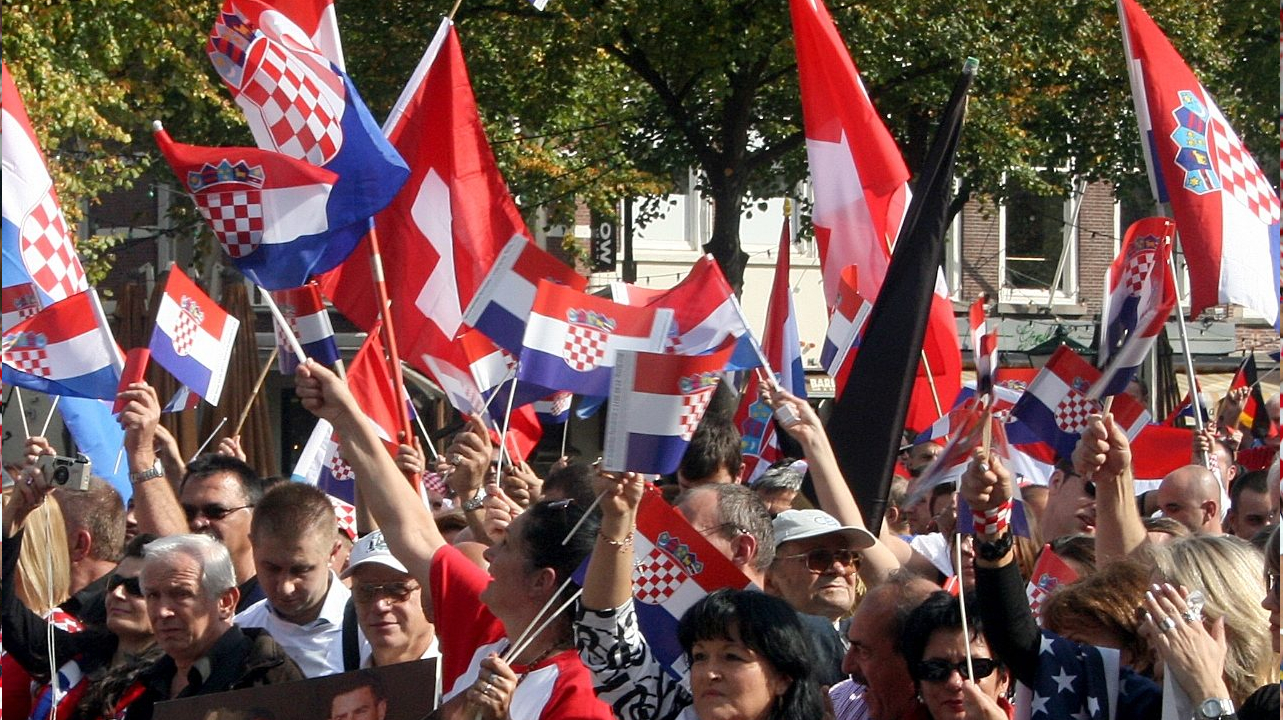



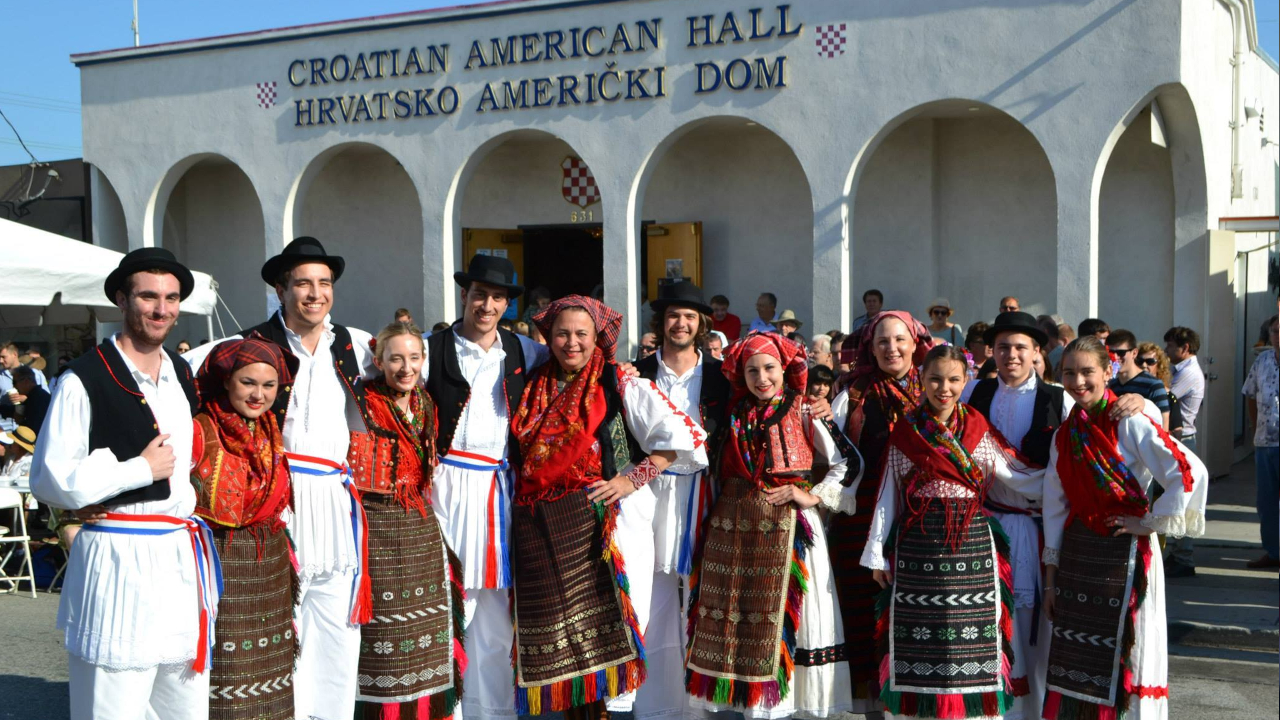

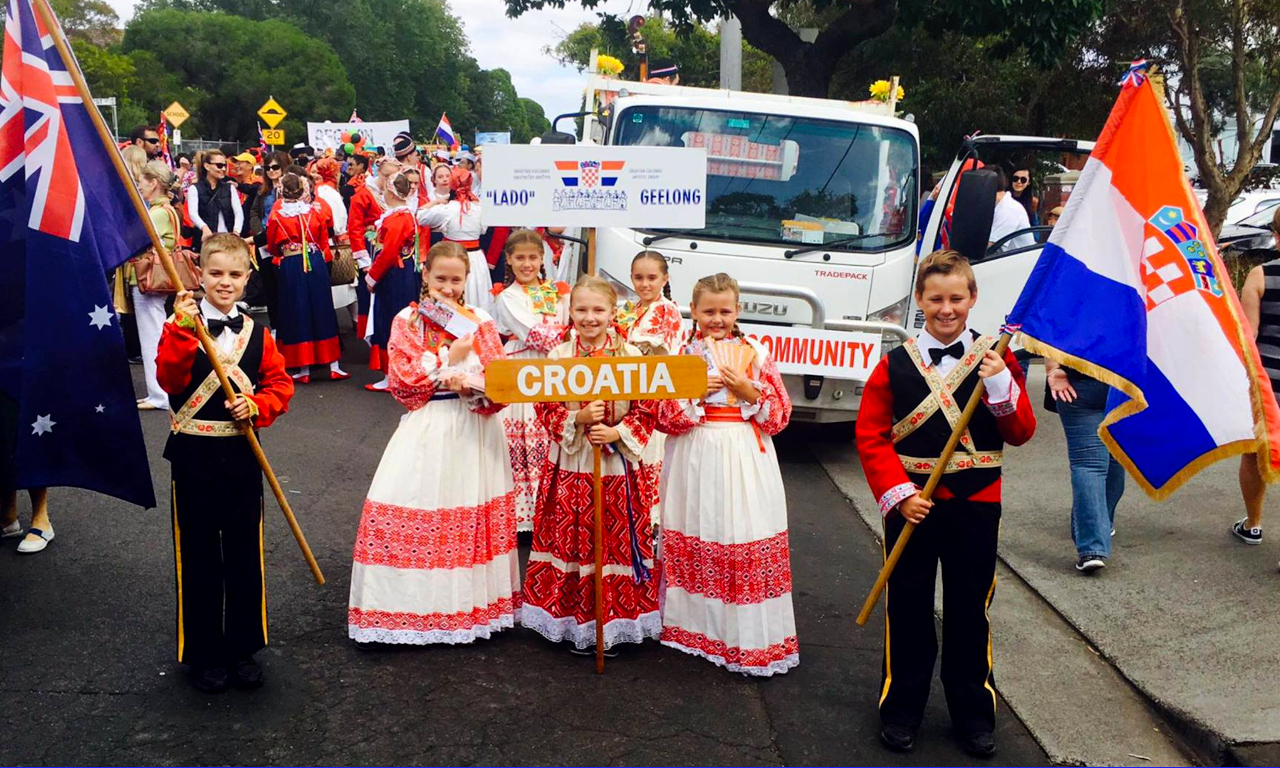
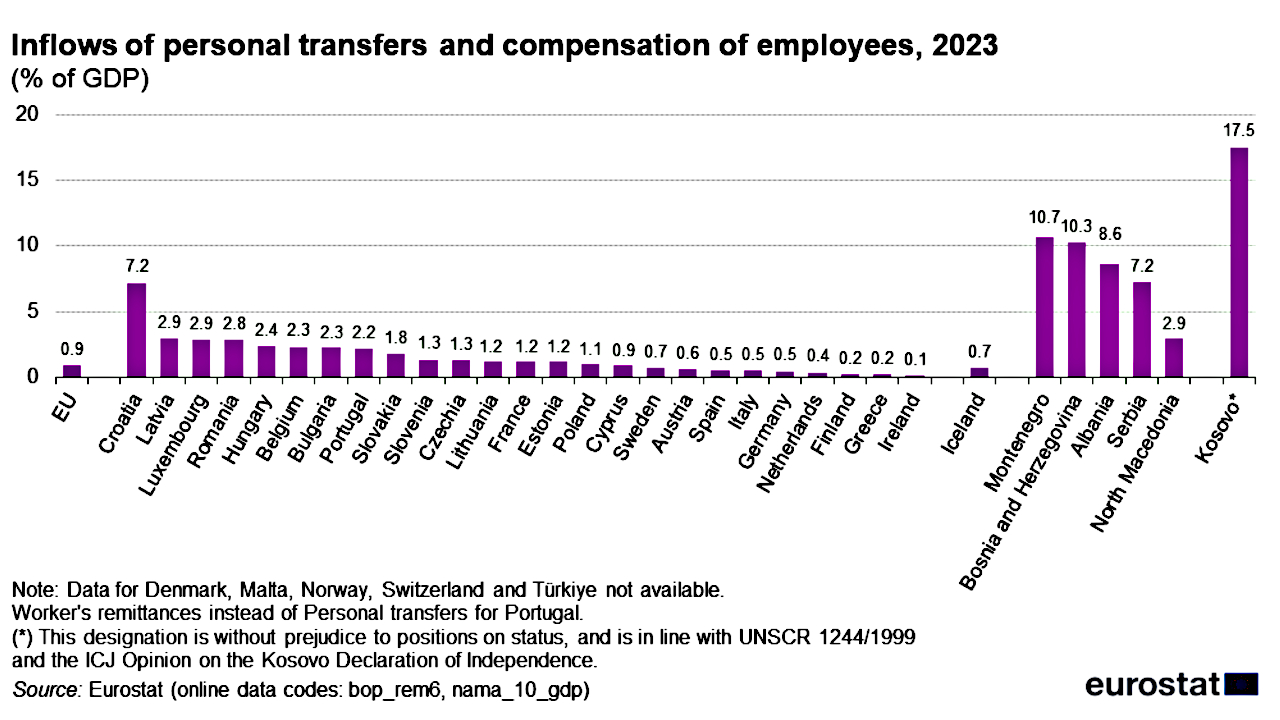
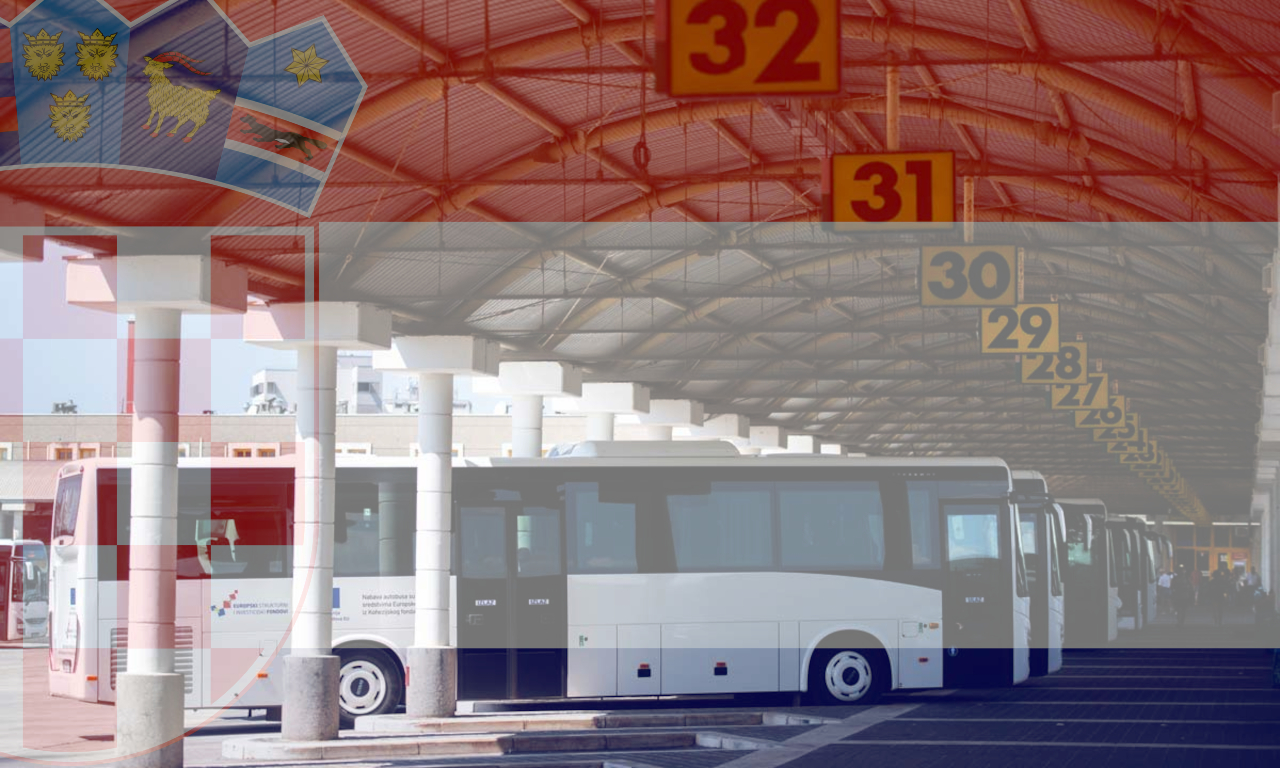
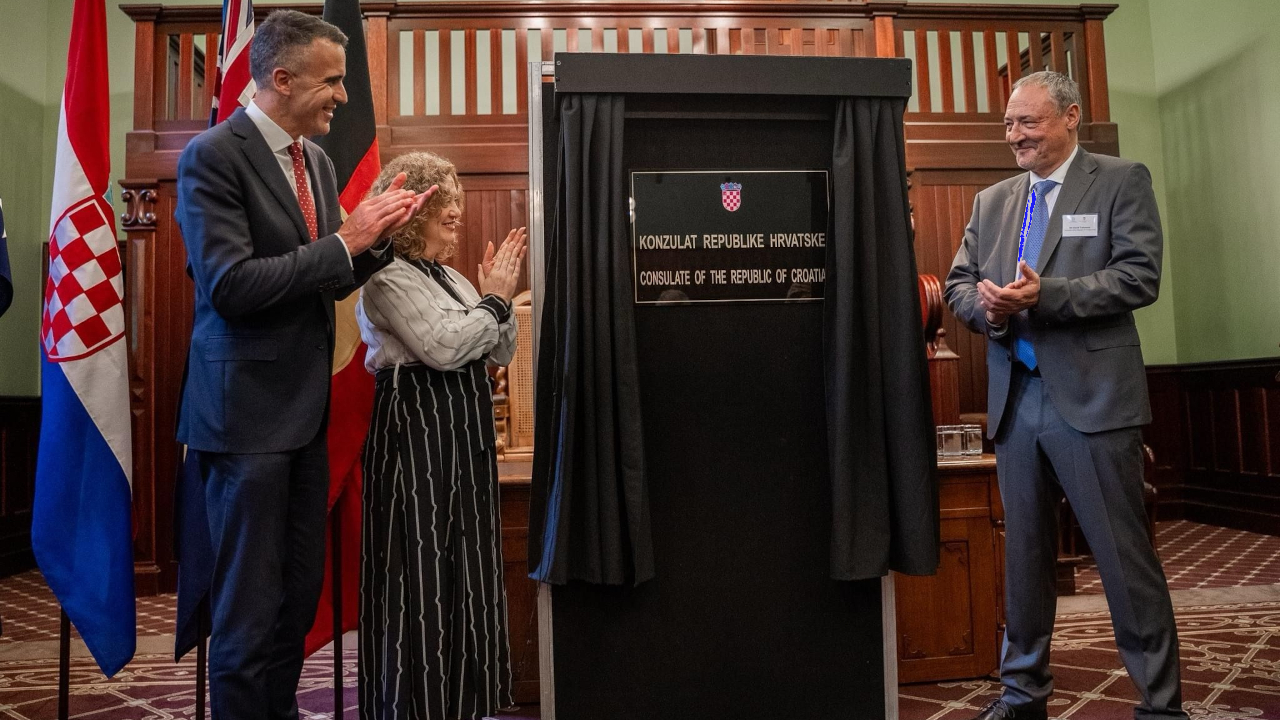


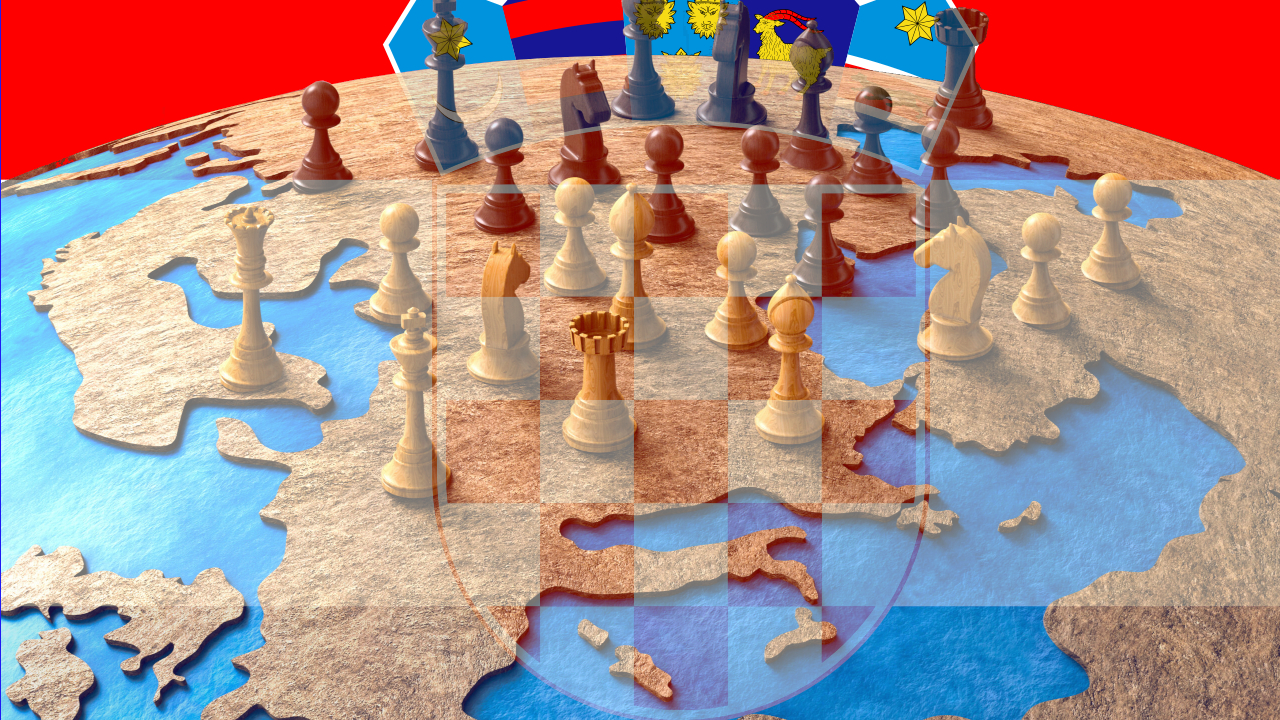
Leave a Reply